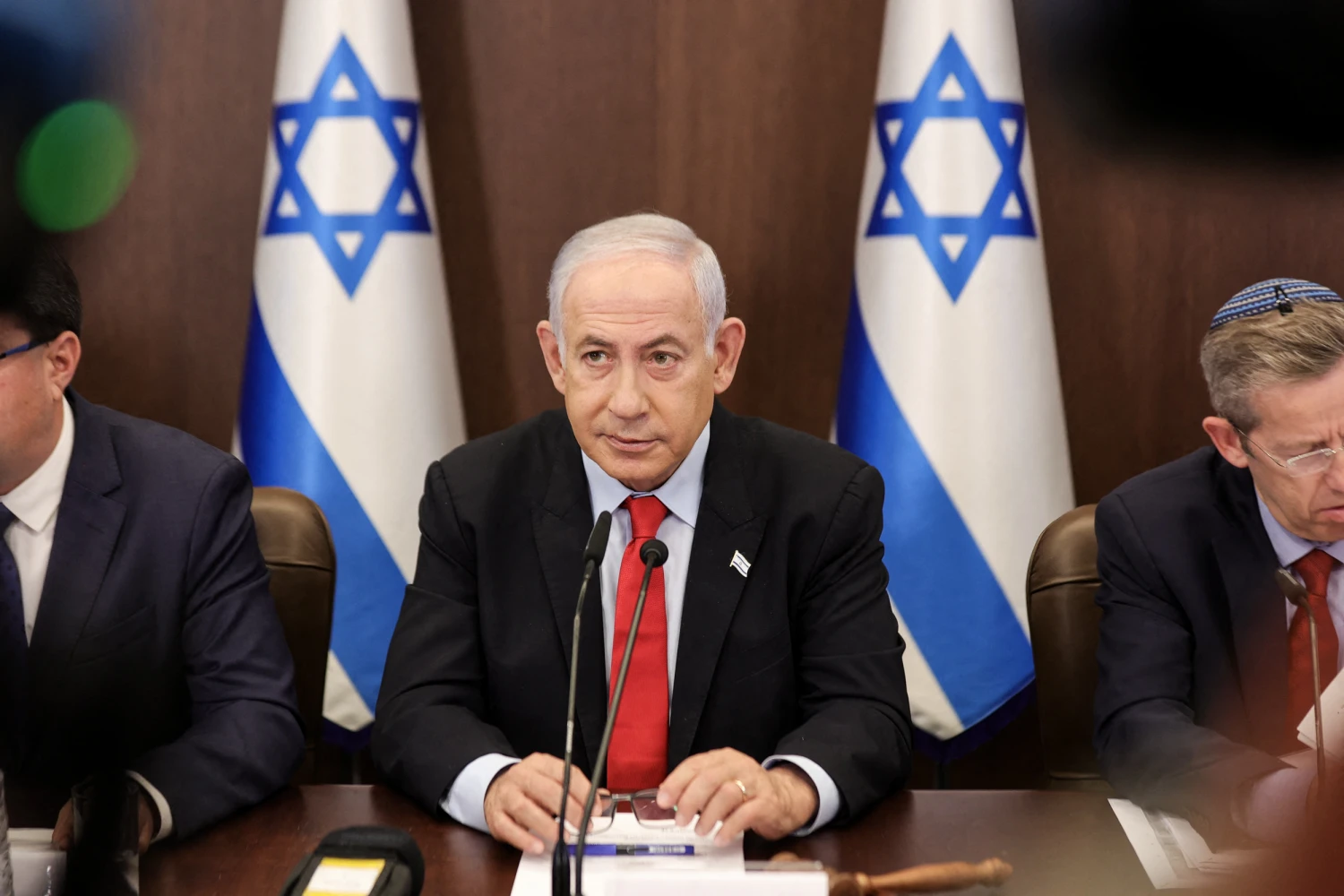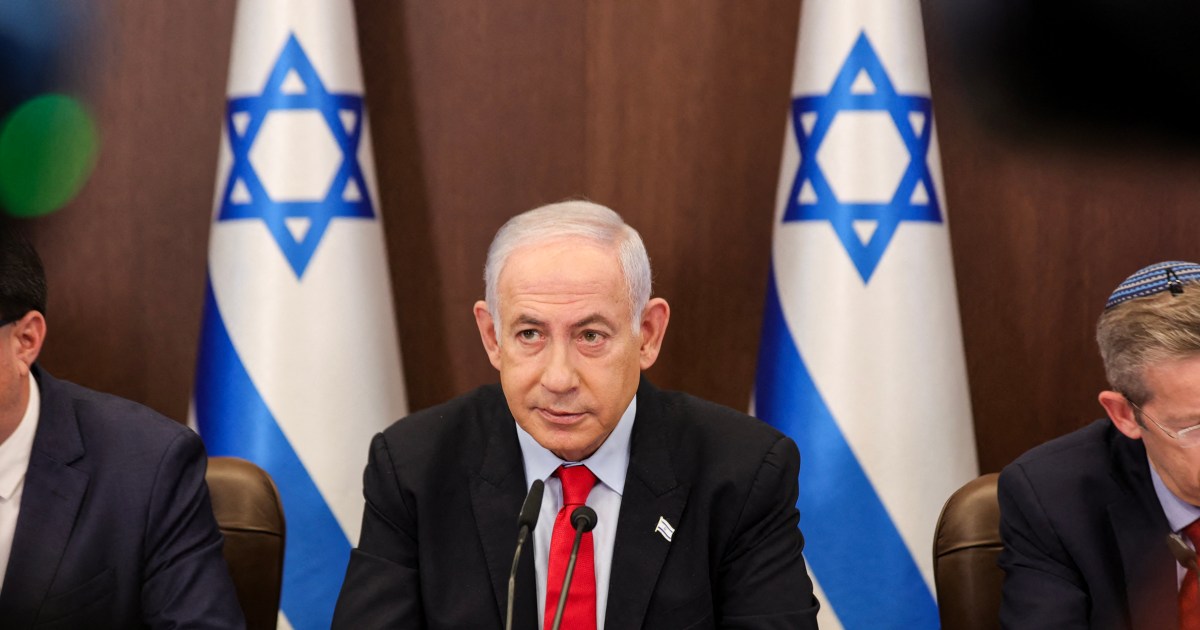Hamas is currently reviewing a proposed deal for a cease-fire and the release of over a hundred hostages in Gaza. This has caused significant tensions within Israel’s right-wing Cabinet. The war Cabinet of Israel is expected to discuss the deal during a meeting on Sunday evening.
Minister Itamar Ben-Gvir, from the far-right, has expressed concerns that the proposed deal could lead to the dismantling of the government. In response, opposition leader Yair Lapid has offered his center-left party to join the Cabinet and support the coalition if Ben-Gvir withdraws his opposition.
The ongoing conflict over the hostage deal highlights deep divisions within Israeli society, presenting conflicting narratives about the country’s self-perception. On one side, there’s the commitment to not leaving anyone behind, while on the other, there’s the determination to defeat enemies at any cost.

Impending Hostage Deal Poses Risk of Fragmentation within Israel’s Right-Wing Cabinet (Credits: NBC News)
The proposed deal, negotiated in Paris a week ago, suggests a six-week pause in the Gaza Strip fighting, with an exchange of Israeli hostages for Palestinian prisoners. The specific numbers for this exchange are yet to be determined and could become a point of contention in negotiations.
The situation is further complicated by Hamas’ maximalist demands, including a complete Israeli army withdrawal from Gaza and a full and final cease-fire. These demands pose challenges for Prime Minister Benjamin Netanyahu, and some believe that meeting them, especially regarding specific prisoners, could break the coalition and alienate the right-wing public.
The families of the hostages frequently protest, demanding their release and their visible anguish has garnered public support for the terms of the Paris deal.
However, the perception that a six-week truce might signify the end of Israel’s war against Hamas complicates negotiations for the country’s right wing. Many Israelis face a dilemma between wanting to destroy Hamas and bringing the hostages home, realizing the difficulty of achieving both objectives simultaneously.























